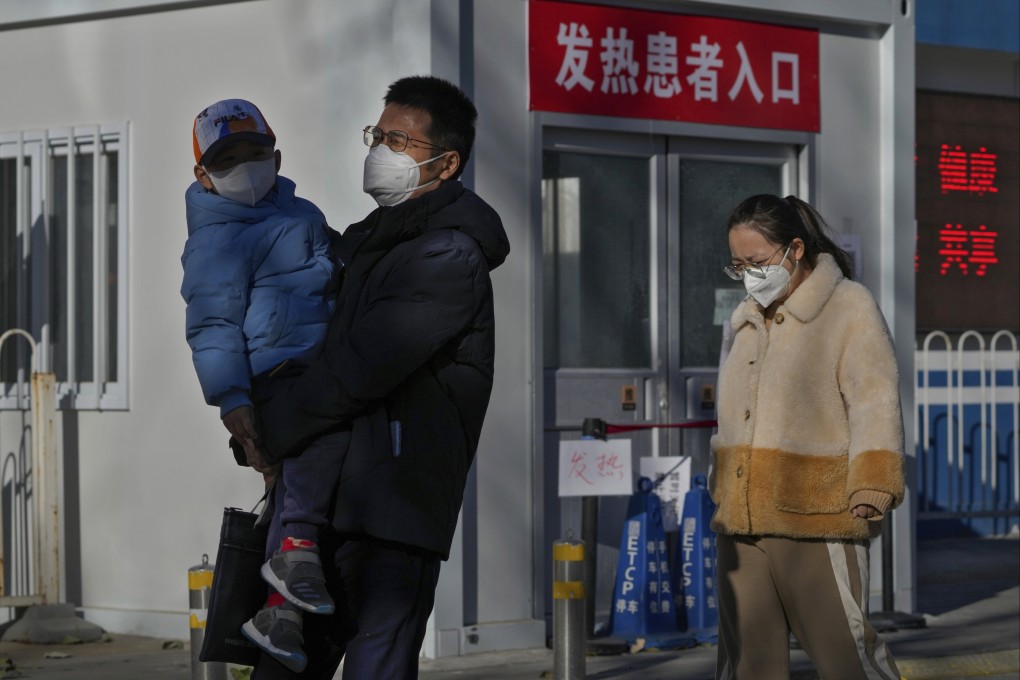Advertisement
China might be back to pre-Covid normal by mid-2023, health expert Zhong Nanshan forecasts
- People who want to travel home over Lunar New Year should get a booster shot to minimise virus spread, Zhong says
- Wear masks and skip panic buying of fever medications, he suggests
Reading Time:3 minutes
Why you can trust SCMP
9

China should ramp up vaccination to avoid an epidemic of Covid-19 infections over the Lunar New Year, but could return to some normality by the middle of next year, according to a leading infectious disease expert.
“It is highly unlikely that people will be restricted from travelling home for Lunar New Year celebrations in 2023, but it is still important to step up preparations,” state news agency Xinhua quoted Zhong Nanshan as saying in an interview in the southern city of Guangzhou on Friday.
“I suggest that people who are ready to travel back home should get booster vaccinations so that they won’t develop serious symptoms even if they catch Covid.
Advertisement
“A booster shot usually takes effect in two weeks. It will help to prevent mass transmission during the Lunar New Year migration when people gather in crowds.”
Under the zero-Covid policy of the past three years, Chinese authorities have urged the public to stay put and avoid travel during holidays, including Lunar New Year, a time when people catch up with their family.
Advertisement
Advertisement
Select Voice
Choose your listening speed
Get through articles 2x faster
1.25x
250 WPM
Slow
Average
Fast
1.25x
